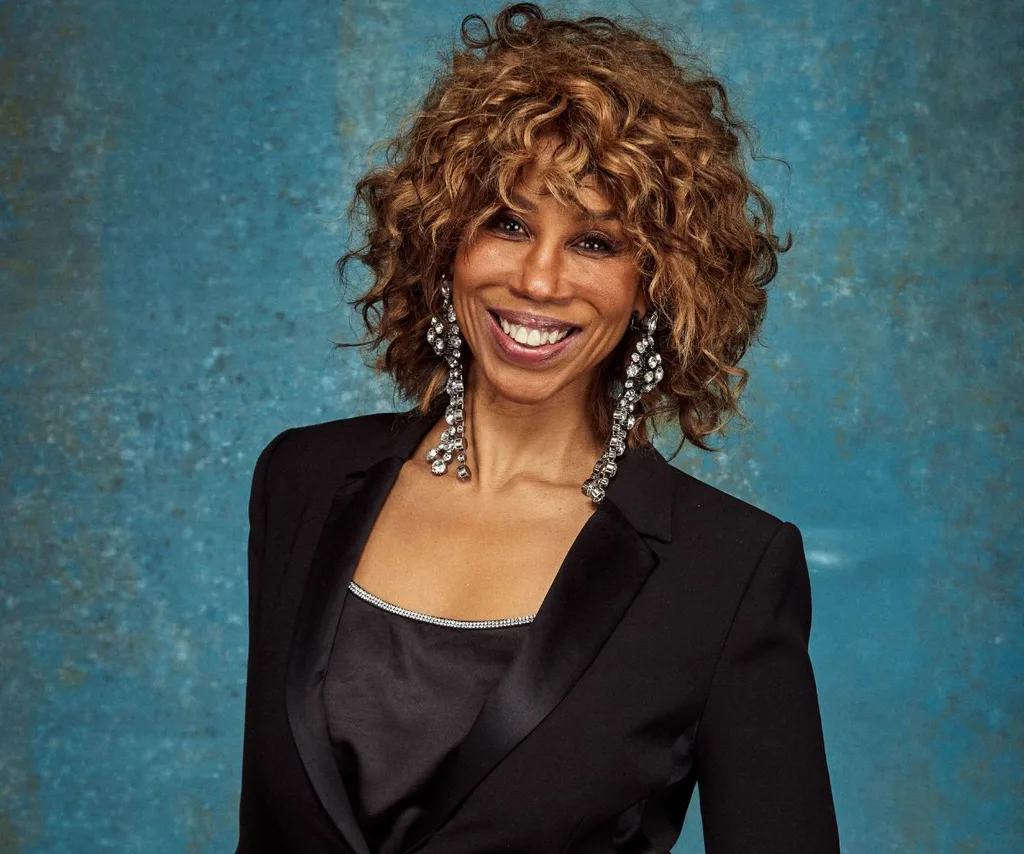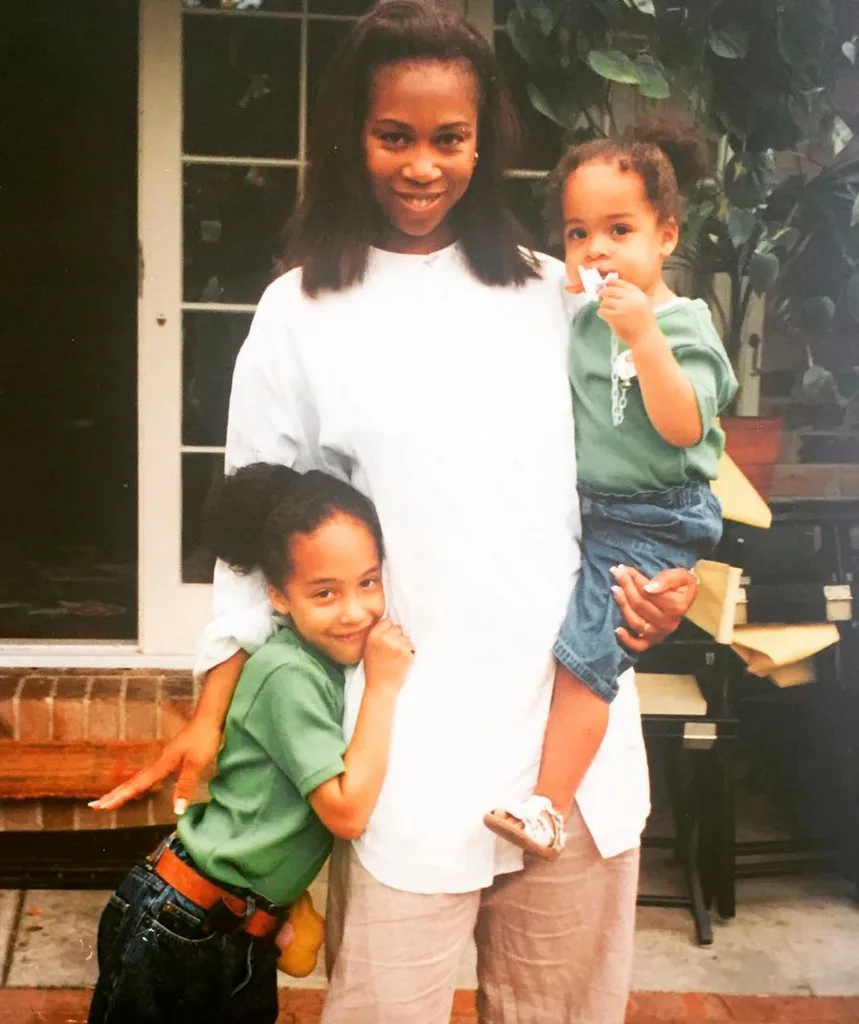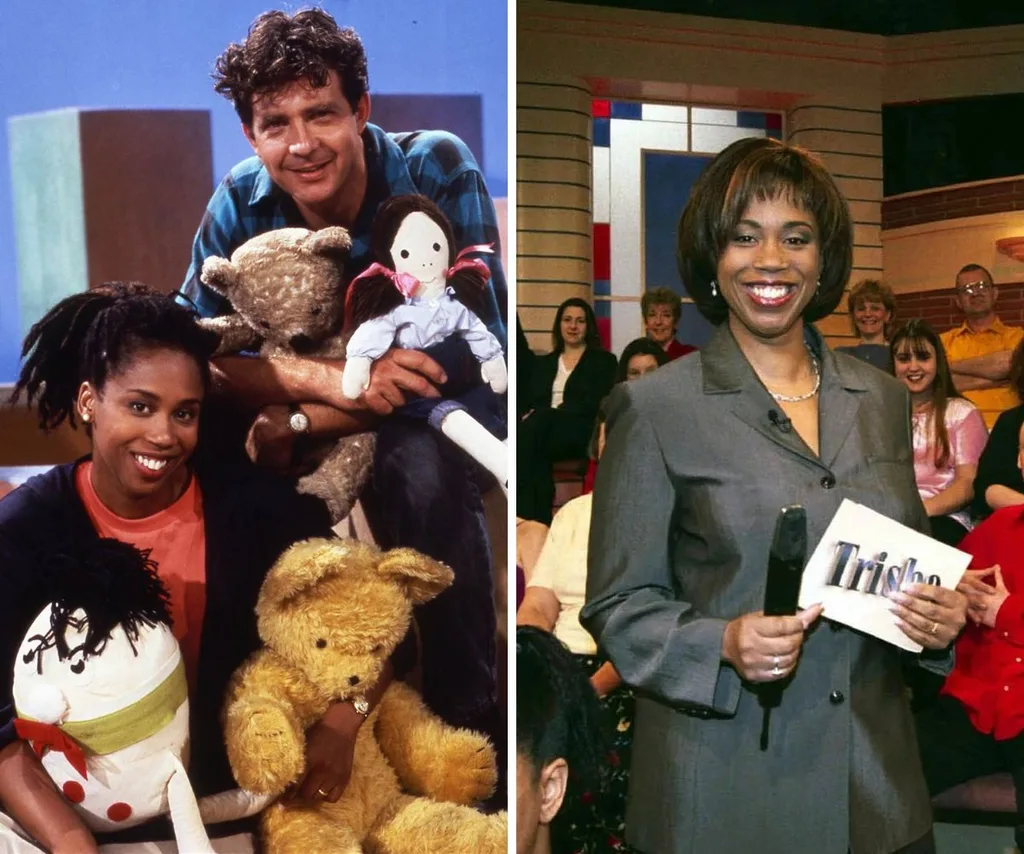Eighteen months ago, Play School presenter Trisha Goddard celebrated her wedding to her long-term partner in a low-key ceremony near their Connecticut home.
The next day, instead of going on a honeymoon, the 66-year-old began radiation therapy for secondary breast cancer.
The British journalist, whose career began in Australia in the mid-1980s, was diagnosed with and recovered from breast cancer in 2008, and last week publicly revealed its return – something she’d been reluctant to do until now.
“My worry is that people will start seeing me as a frail little thing, and that if [the news] got out, I’d be judged, or people would change the way they are with me,” she told Hello magazine.
As a result, at her wedding – which she says was “a beautiful day” – very few people knew about her diagnosis of metastatic or stage-four breast cancer, which is treatable, not curable.

GRIEF & FEAR
Wearing a Victoria Beckham wedding dress and using a walking cane decorated with flowers, Trisha admits the day was a highlight amid the challenges of living with her illness.
The cancer’s spread was revealed after a bad staircase fall led to a hip injury and surgery.
“It’s not going to go away,” she says of her illness, which was initially treated with an operation, radiation and chemotherapy. “And with that knowledge comes grief and fear. But I must keep enjoying what I have always enjoyed.”
And for Trisha that includes continuing to work in a broadcasting career that has spanned four decades and several countries. Currently presenting a weekly program on UK’s TalkTV and taking on special assignments for CNN, Trisha admits she feared losing her job after her diagnosis but hasn’t missed a day’s work.
London-born Trisha began her career as an air stewardess but relocated to Australia after meeting and marrying politician and UNICEF director Robert Nestdale. There she began her journalism career working at SBS.
After her abusive marriage to Robert ended – he died soon after in 1989 from lymphoma, later revealed to be AIDS – Trisha’s career soared. She got a job on The 7.30 Report on ABC, becoming the country’s first Black presenter of a current affairs show, and married her second husband, TV producer Mark Grieve.
The couple had two children, daughters Billie and Madison.

PAINFUL BREAKDOWN
But when Mark cheated on her, Trisha had a breakdown, and after consuming a dangerous cocktail of drugs and alcohol in a suicide attempt, she spent time in a psychiatric hospital, her pain heightened by having lost her sister Winnie to suicide just a few years earlier. After she was discharged, Trisha took control of her life.
She closed down her TV production company and left her marriage.
By 1998, with 10 years on Play School under her belt, Trisha married her third husband, psychotherapist Peter Gianfrancesco, and moved back to the UK to launch her five-day-a-week talk show Trisha.
Taking its cue from chat shows like Oprah Winfrey and Ricki Lake’s, Trisha became a smash hit, with its mix of live studio audience participation and guests opening up about emotional, everyday and controversial topics.
The UK’s new queen of chat regularly attracted 1.5 million viewers. In 2011, Trisha launched a US version of the show, which ran for three seasons and since then has appeared in a host of different shows, acting and presenting.

In 2017, Trisha’s marriage to Peter, who she’s called “a rock” while going through her first cancer diagnosis ended. She explained how things began to change once she recovered.
“As [I] recovered and got stronger and was therefore no longer reliant on him, that’s when I felt things started to change,” she admitted.
Public scrutiny while receiving treatment “traumatised” her then-teenaged daughters Billie, now 34, and Madison, 31, she said, and was one of the reasons she moved to the US.
Her new husband, only known by his first name, Allen, lost his first wife to cancer, has been by Trisha’s side since the diagnosis. She says they are comforted by the fact that doctors say her scans show the treatment, and now her hormone therapy infusions, which she has every three weeks, are working.
“I have never been someone who stresses about the future,” she says.
“I prefer to keep living life to the full.”









